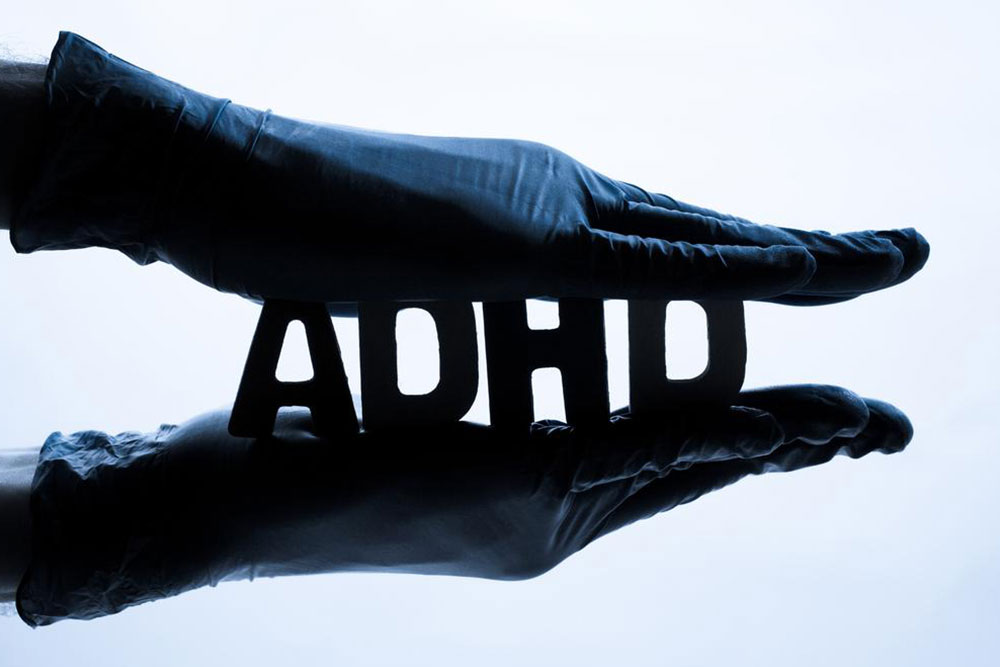5 symptoms of ADD and ADHD in adults
According to a research, nearly 5 out of every 100 children are likely to suffer from Attention Deficit Disorder (ADD) and/or Attention Deficit Hyperactivity Disorder (ADHD), and well over half of this percentage are likely to carry forward some of the symptoms of ADHD into adulthood as well. There are a large number of people with undiagnosed ADD or ADHD as children who also carry the condition into adulthood. Both ADD and ADHD are cognitive health conditions that respond well to early interventions.

When left untreated, they are likely to cause a number of physical and mental problems.
- Lack of focus
An Adult with ADHD finds it difficult to pay attention to any task at hand. High levels of distraction, reduced listening comprehension, inability to carry out tasks completely or with precision are of the common symptoms of ADHD in adults. - Hyperfocus
On the other end of the spectrum, some adults with ADHD may demonstrate excessive engrossment or even obsession with regard to specific activities. The level of engagement with specific tasks is so intense that they tend to lose awareness of spatial and temporal orientation. - Poor organizational skills
Adults with ADHD tend to get very agitated when it comes to the performance of the simplest of tasks. They lack an ability to plan and organize tasks based on priority and hence, they have trouble in keeping things in their respective places or organizing their activities in a logical manner. - Emotional disturbance
Adults with ADHD tend to experience widely disparate mood swings. They tend to get easily bored by routine and frustrated when things don’t go as they wish. Even small disappointments can weigh very heavily and cause irritability or even depressive phases. - Anxiety
A very common symptom of adult ADHD that may also remain undiagnosed or merely attributed to a stressful work or life situation is anxiety and restlessness. People with signs of ADD or ADHD feel that their mind is constantly in motion and they experience a restlessness when unable to complete something immediately. They also tend to constantly replay things that worry them in the mind endlessly.
Disclaimer:
The content of the articles discussing symptoms, treatments, health conditions, and side effects is solely intended for informational purposes. It is imperative that readers do not interpret the information provided on the website as professional advice. Readers are requested to use their discretion and refrain from treating the suggestions or opinions provided by the writers and editors as medical advice. It is important to seek the help of licensed and expert healthcare professionals when necessary.




